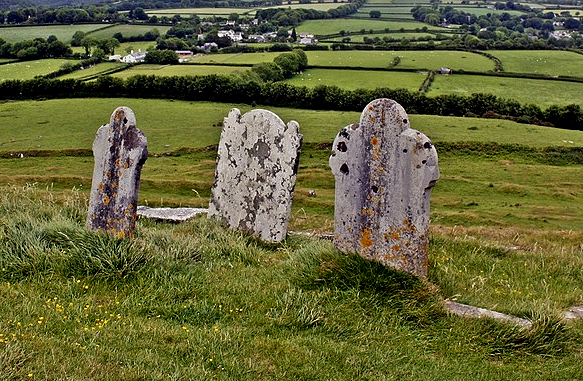The party will end when you least expect it — what Marc 'Dr. Doom' Faber says could trigger the next crash

The U.S. stock market's latest run to all-time highs could be giving investors a false sense of security.
Market watcher Marc Faber, often hailed as the original "Dr. Doom," is not backing down from his long-held correction warning — even though nothing has materialized.
"You don't see, and I don't see. And, nobody sees. That's why people keep buying stocks. And yet, something will happen one day," the publisher of "The Gloom, Boom & Doom Report" said Tuesday on CNBC's "Futures Now."
Faber, who's in his 70s, is convinced another financial crisis like 2008 will happen in his lifetime and it'll come when Wall Street least expects it. He predicted in late June that stocks will fall 40 percent.
He said several scenarios could trigger a deep correction.
"I think it may very well come from a credit event. Or, it may come from the disclosure of a major fraud. Or, it may come because interest rates start to go up," he said.
For now, it appears the rally isn't cracking. The S&P 500 has had 36 record closes this year. The Dow has done even better. It's seen 41 record closes in 2017.
"In 2009 when stocks bottomed out, I can tell you that not many people saw why stocks would go up," Faber said. "Now it's the opposite. The sky is clear. Corporate profits have been expanding — they're good. Interest rates are low, but valuations are very high."
Not everything is gloom and doom
Even though Faber doesn't like the U.S. markets, he believes some areas can generate solid profits for investors.
"One market that has lagged behind just about everything is the Japanese stock market. It's just broken out on the upside recently. I think in the last few months of this year, we could get a big move in Japanese stocks on the upside," he said.
And, he doesn't stop there. Faber also likes emerging markets such as Mexico, Turkey and Poland, and sees value in some unloved areas of the global market.
"I think precious metals are not terribly expensive. I think agricultural commodities are inexpensive," Faber said.
From CNBC
